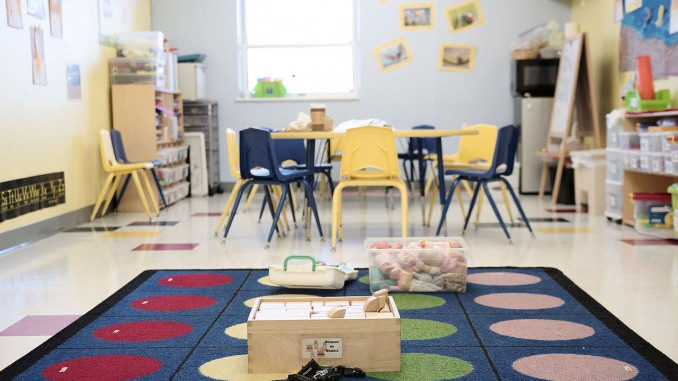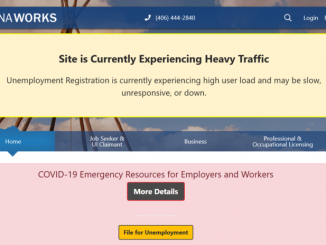
As the school year begins, some states and districts have made the unhappy, but smart decision to start the school year remotely. In other states and districts that have reopened irresponsibly (including districts in Indiana, Georgia, and Florida), infections were found almost immediately, and in some cases hundreds of students had to quarantine, while fewer students attended in person and some schools closed. The situation seems to change daily, as COVID forces the reversal of risky decisions.
But teaching remotely brings its own problems.
Getting physical books to students is a logistical challenge. Many working-class students still do not have necessary computer and WiFi technology. Some don’t want their homes and family members to be visible to virtual classmates, or may barely have space for themselves to do schoolwork. Looking at twenty-plus student peers on a screen is mind-numbing. Attendance is an issue again, and when students don’t show up, teachers are pushed to call homes endlessly, in some cases filling in Google spreadsheets to “prove” to everyone looking that they’ve “done their job.” And the increase in virtual classroom use may even be affecting the supply of virtual space. When a charter chain in Newark tried to conduct classes on Monday, they couldn’t get through the day because Zoom was overwhelmed from the nationwide demand.
We are between a rock and a hard place. We can either risk our lives and the safety of the society to learn in person, or we can tolerate and trudge through the inhuman remote learning environment. It is clear that choosing safety is the right choice in the face of a deadly and highly contagious virus.
But we should ask the question: how is it that we got between this rock and this hard place?
A society that can’t make safe, fair, and sane decisions on health and education, even in a difficult situation, is fundamentally screwed up. We don’t just need to replace the people in charge, but we need to go beyond and challenge the system itself.




